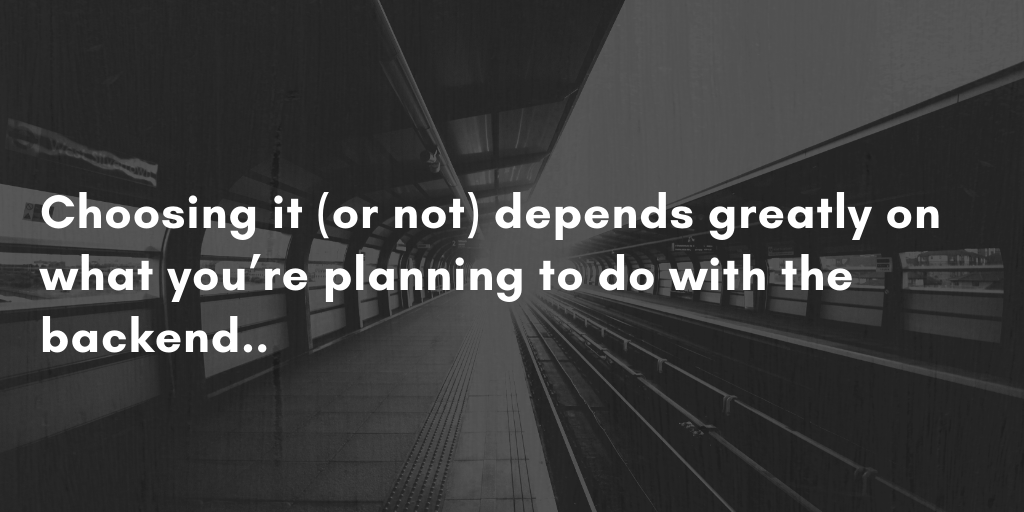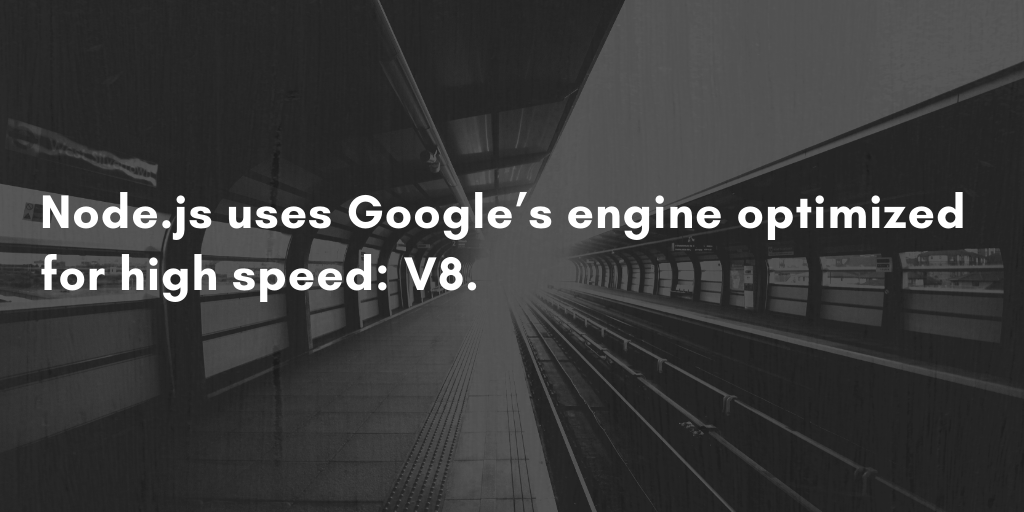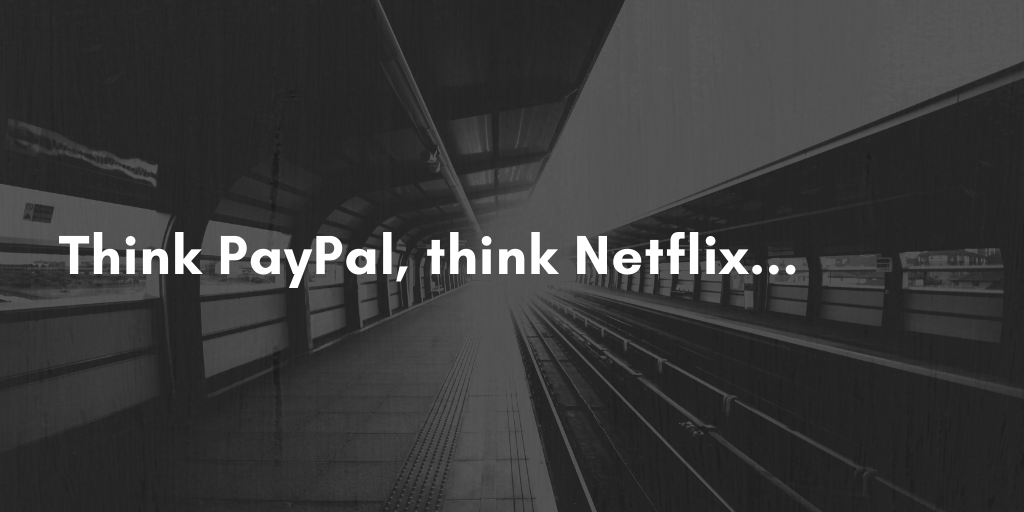
We’re excited to hear your project.
Let’s collaborate!

So, you’d like to build an app with React. And, while weighing your back-end options, you ask yourself: “Why use Node.js with React?”
Why would you go with Node for hosting and running your web server?
Why not… Ruby on Rails? Or maybe Python/Django?
This is precisely what you’ll find in this post: the 11 main reasons why you’d want to choose Node.js as a backend for your React web app:
We already have a blog post focused precisely on the React vs Node dilemma, so in today’s post I’ll only pinpoint, briefly, the main differences between the 2 technologies:
In other words, do you need to have a Node.js backend to run React?
No, you don’t.
Node.js is not required for running Reactjs.

So, why use Node.js with React?
There are certain use cases and reasons why you’d want to pair the 2 technologies for building your app:
But more on the strongest reasons why you’d use Reactjs with Node down below...
Now, going back to your initial question — “Why do you need Node.js for React?” — here are the key reasons why you’d go with this “duo”:
The benefits you get from having a JS-based technology in the back-end, as well, are obvious:

In other words, your React app will be perfectly equipped to handle bulk requests with no compromise on quality.
The V8 engine that Node.js uses grants your app the best page load times.
With the NPM CLI at your disposal, you get to install any of the packages available in the registry quick and easy.
They work perfectly together to help your app handle multiple client requests while striking a server load balance.
Using various modules along with Webpack, Node Js bundles your app into one file. One that can get compiled much easier...
Does your React application depend on Data Streaming or Data-Intensive, Real-Time management?
Is interactivity a major requirement for your web app? Is it a real time application that you have in mind?
Then Nodejs makes the best choice for continued server connection in a context of intensive computation.
A Node.js back-end will help your app accommodate many more users and many more future calls.
It's your best option for building scalable applications.

The 2 giants are using Node.js precisely for its great scalability potential.
How come?
You get to share and reuse code in React.js quick and easy when you pair it with Node.js in the back-end.
Since React DOM comes with components built to work with Nodejs out of the box, you get to cut down on the lines of code.
Which translates into streamlined server-side rendering.
The “React with Node.js” duo makes the best choice for building a SPA.
The lightweight Node backend will be in charge of handling asynchronous data loading via callback functions.
“Why use Node.js with React?”
As a conclusion, we could narrow down the entire list to just 2 key reasons:
The END!
Now that you know why and when you’d want to use React with Node.js: how do you build that high-performance, conveniently scalable React & Node.js app?
We’re here to help you get the most of these 2 technologies.
Just drop us a line to have a team of React and Node Js developers handle your project.
Image by Anemone123 from Pixabay

We’re excited to hear your project.
Let’s collaborate!